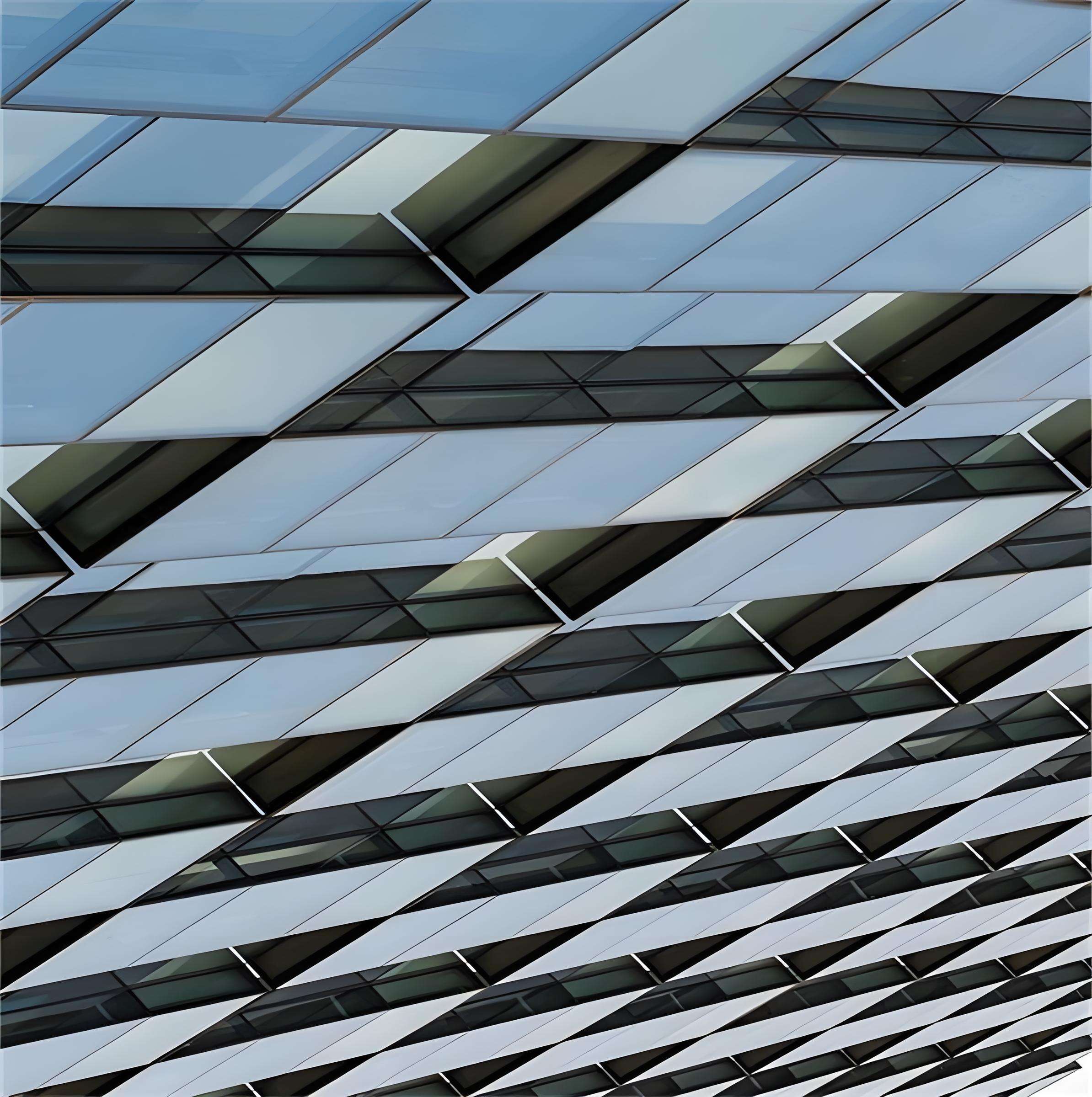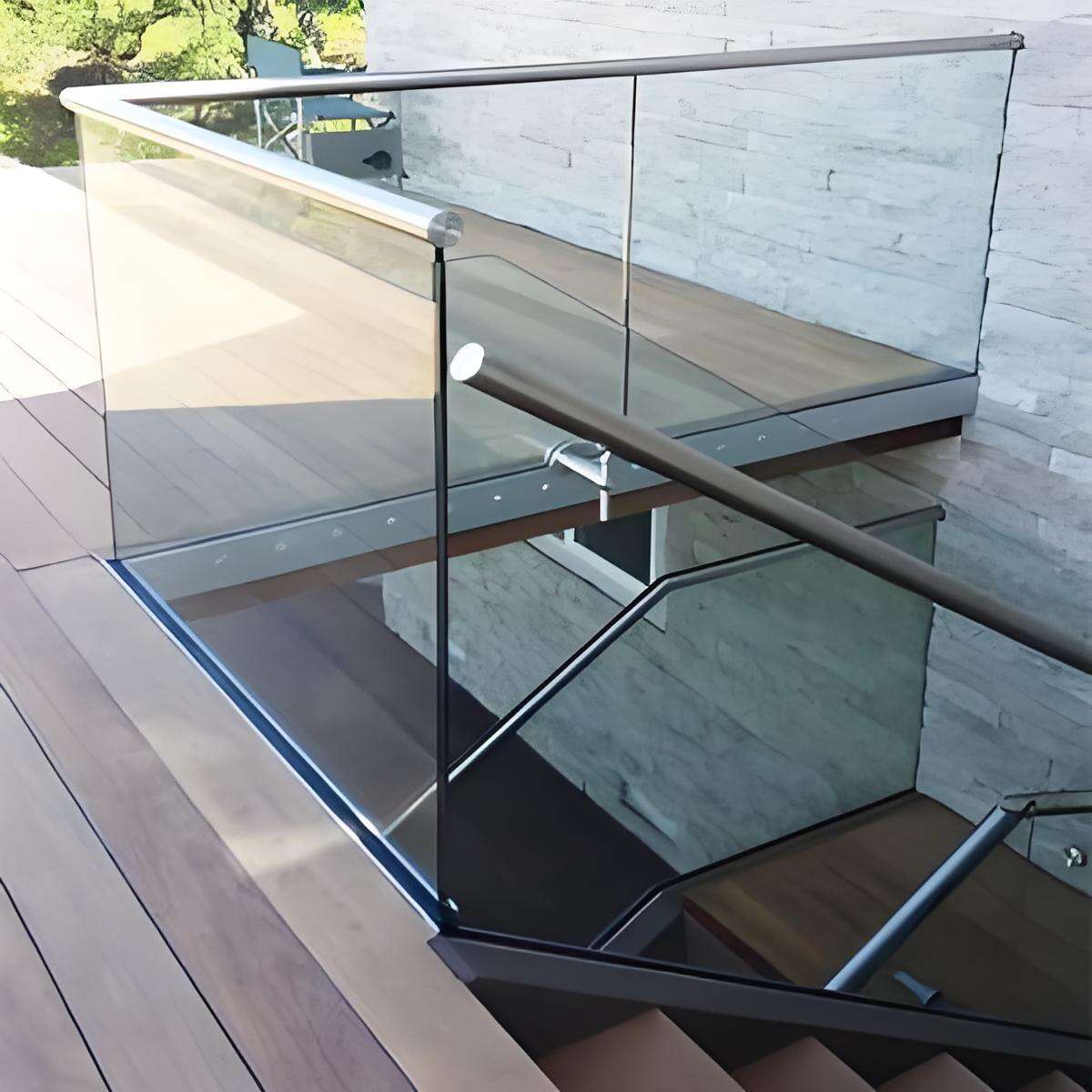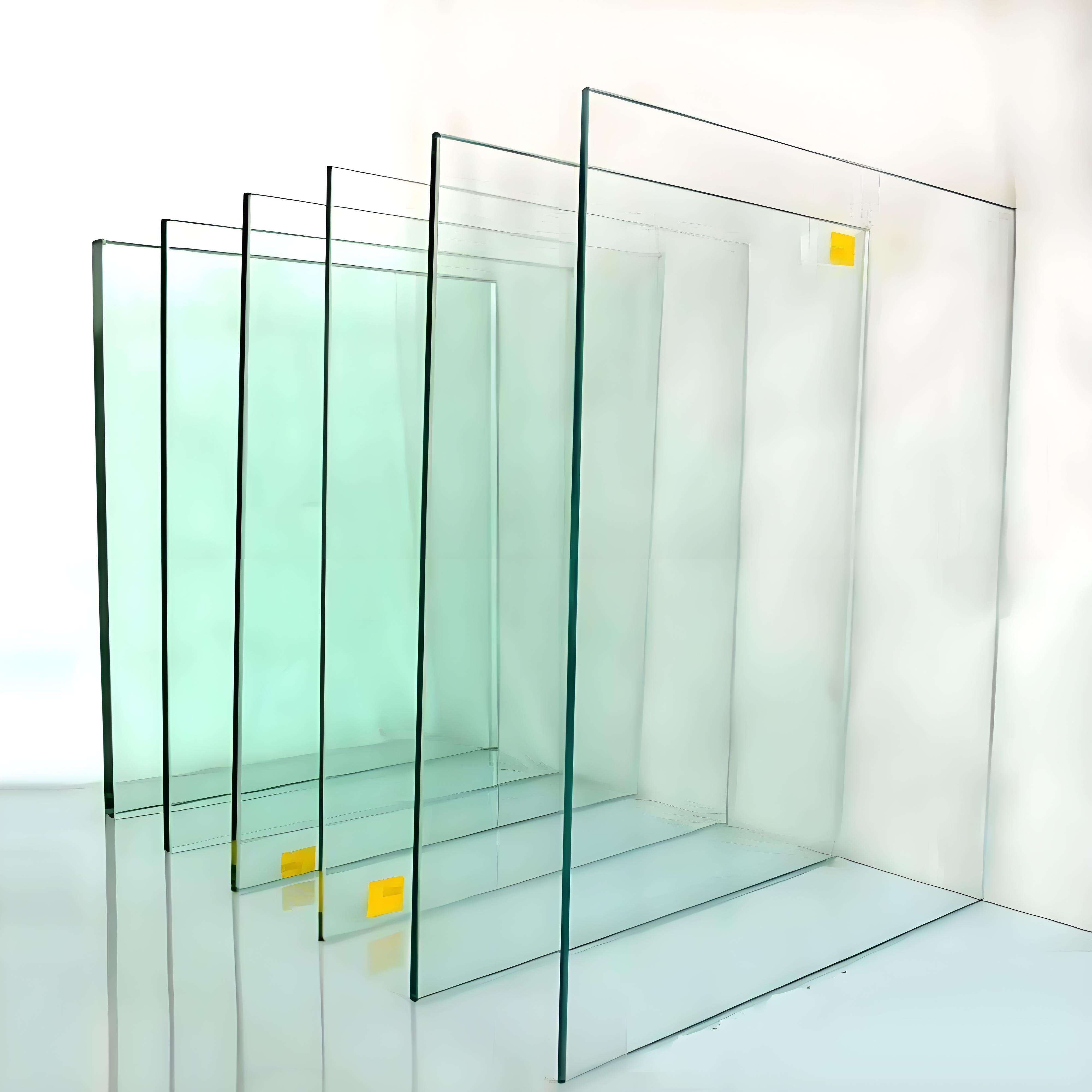curved glass suppliers
Curved glass suppliers are specialized manufacturers and distributors who provide custom-engineered glass solutions for architectural, commercial, and industrial applications. These suppliers utilize advanced manufacturing technologies and precision engineering to create curved glass products that meet specific design requirements and safety standards. The process involves sophisticated heating and bending techniques that transform flat glass into curved shapes while maintaining optical clarity and structural integrity. Modern curved glass suppliers employ computer-aided design (CAD) systems and automated production lines to ensure precise curvatures and consistent quality across all products. They offer various glass types, including tempered, laminated, and insulated curved glass, each engineered to meet different performance specifications such as thermal efficiency, sound insulation, and UV protection. These suppliers also provide comprehensive services, from initial consultation and design assistance to manufacturing, delivery, and installation support. Quality control measures are implemented throughout the production process, including thermal stress analysis, optical distortion testing, and structural integrity verification. The suppliers typically maintain partnerships with architects, contractors, and design professionals to ensure their products align with project specifications and regulatory requirements.


